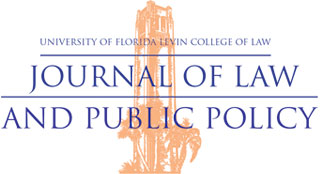
Abstract
The American public witnesses hundreds, if not thousands, of violations of the Hatch Act—an administrative law designed to keep partisan politics out of Government—each year. This study aimed to determine whether there is a correlation between the number of Hatch Act complaints reported in the fiscal year leading up to a Presidential election and how divisive the political landscape is during that Presidential election. Political divisiveness was defined as how close the winning Presidential candidate was to receive fifty percent of the electoral college. To assess the theory that an increase in Hatch Act complaints is an early indicator of a closer Presidential election, the study researched forty years of Hatch Act records and developed a prediction model using multiple regression. This regression model showed that a negative correlation existed between the percent change in Hatch Act complaints during the fiscal year leading up to a Presidential election and the margin by which a Presidential candidate won the election. The regression model created in this study accurately predicted the electoral college results for eight of the past ten Presidential elections: predicting both the 2016 and the 2020 elections within one electoral vote (p ≤ 0.05). These results verify the need for increased funding for enforcement of Hatch Act violations during the years leading up to a Presidential election.
Recommended Citation
Stieger, Raimund P.
(2024)
"A Political Canary: An Empirical Study of the Correlation Between Hatch Act Complaints and How the Electoral College Votes,"
University of Florida Journal of Law & Public Policy: Vol. 34:
Iss.
3, Article 2.
Available at:
https://scholarship.law.ufl.edu/jlpp/vol34/iss3/2